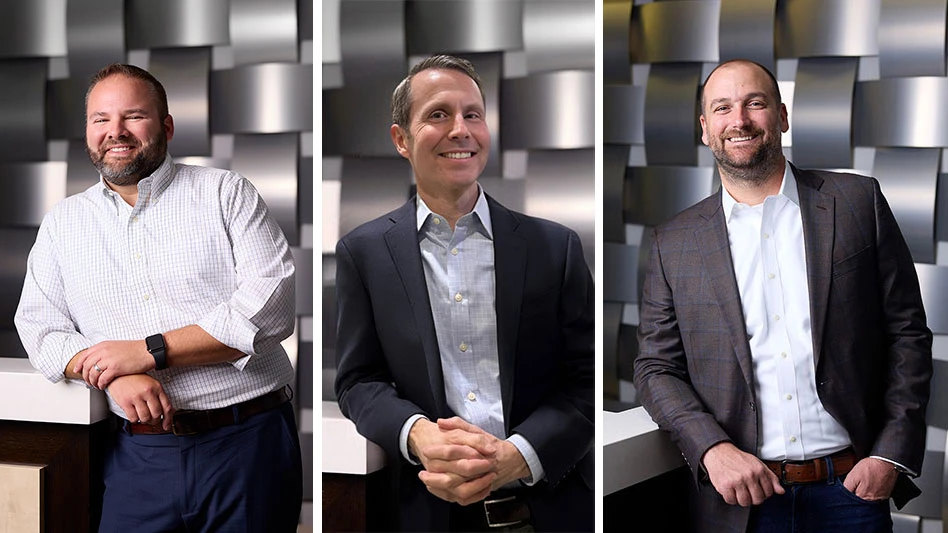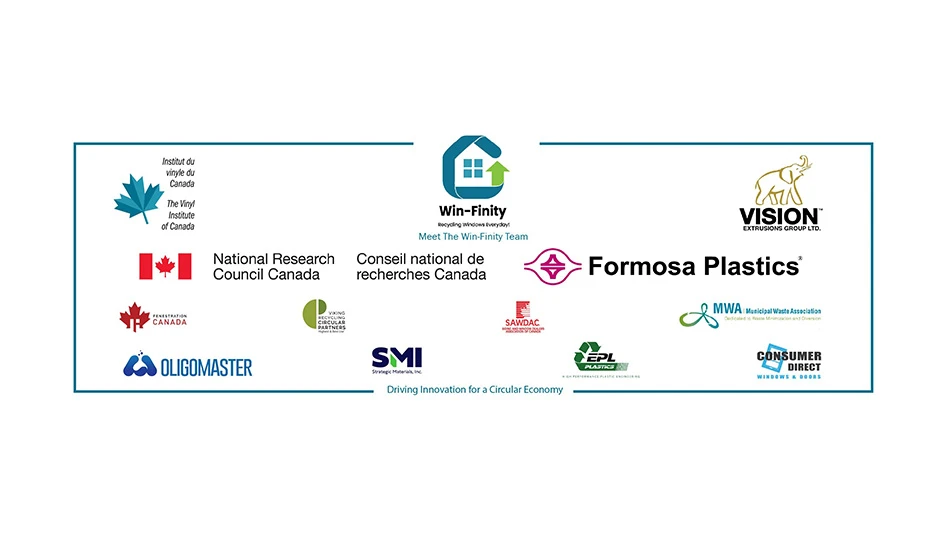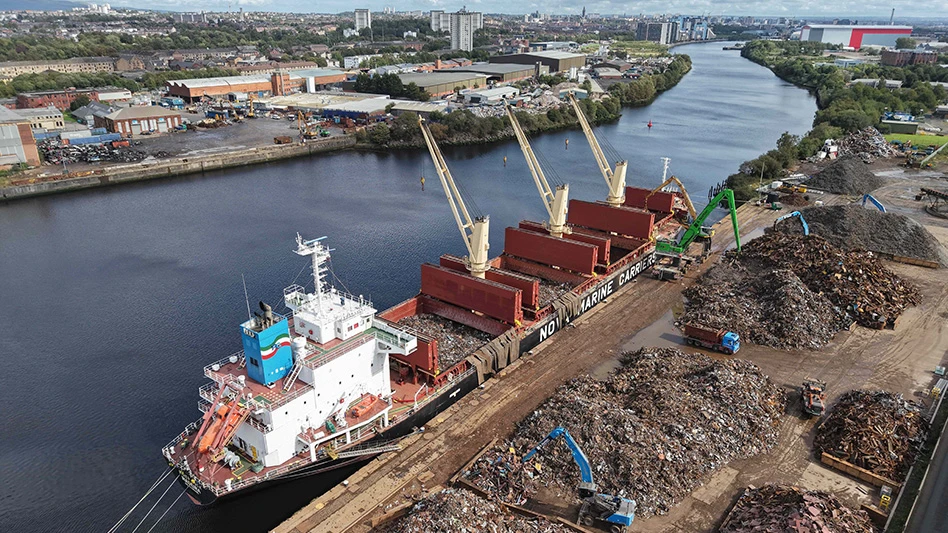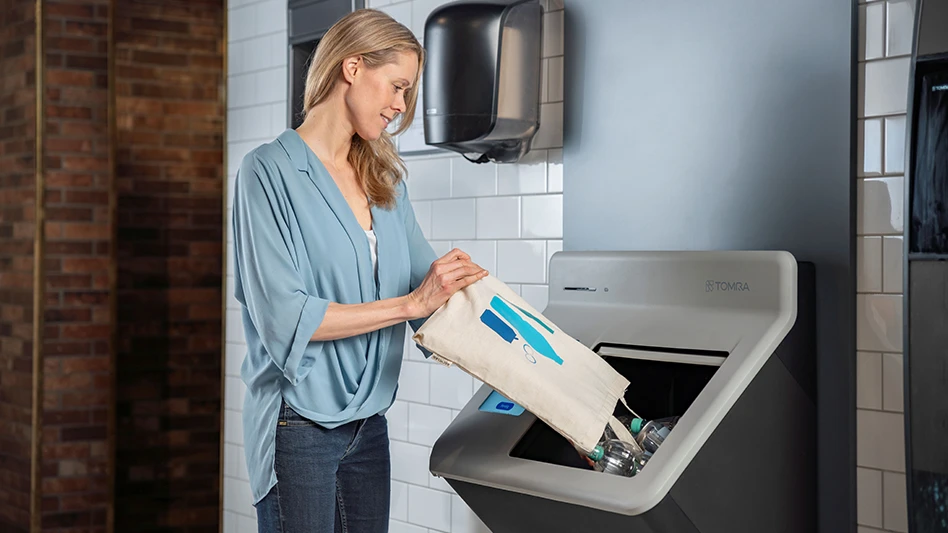
The Plastic Heroes program is providing a considerable subsidy to plastic scrap collection in the Netherlands, but a low pricing environment may cause taxpayers to wonder about their return on the investment.
Speaking at the 2016 Plastics Recycling Conference Europe in Rotterdam in early November, Thijs Cox of Netherlands-based recycling firm Ciparo BV said through the programme the Dutch government is paying local governments up to €1,100 ($1,200) per tonne for plastic scrap with as little as one-tenth of the value.
Having started his presentation to the music of David Bowies’s song “Heroes,” Cox asked of the programme, “Will it stay, or is it just for one day?” The programme has been in place for more than three years, he said, and it collected about 104,000 tonnes of plastic in 2013, 118,000 tonnes in 201 and 122,000 tonnes in 2015.
The Plastic Heroes programme is partially funded by fees paid into a fund by consumer products and packaging companies, but he said a combination of processing (sorting) and profitability challenges are leading to questions.
Cox’s fellow panelist Peter Daalder of Netherlands-based Daly Plastics BV is one skeptic of the programme, remarking that politicians are already expressing the views of some taxpayers that the Recycling Heroes programme is not fiscally sustainable.
Daly Plastics has recently invested in its capacity to recycle plastic films and bags, collected from commercial and industrial customers in the Netherlands and surrounding countries.
Daalder said Daly Plastics is not only collecting and baling the material, but also converting and processing much of it into granulate. The company has expanded its former 20,000-tonnes-per-year granulating output to 30,000 with the addition of a new processing line. Daly has a production goal of 50,000 tonnes produced in 2018, said Daalder.
He noted that one large customer such as Procter & Gamble may need 40,000 tonnes per year of just one grade of plastic, so recyclers continue to face an uphill battle to match the scale of primary resin producers.
Panelist Roger Evans of United Kingdom-based Recapture Plastics has spent four decades taking part in plastics recycling ventures in that nation. Recapture is targeting mixed rigid plastics containers for recycling and reprocessing and has secured financing from a variety of sources to equip a plant with 16,000 tonnes of annual capacity.
Evans said many challenges exist in the current plastic recycling landscape, including resin pricing volatility and, for post-consumer packaging, the often poor quality of materials collected in residential recycling programmes.
Low resin prices and past plastics recycling failures made financing his current venture difficult, Evans noted. Just 5% of his funding came from banks, while 8% came from equipment vendors and 28% from asset financing, including a mortgage on his own home. “If you’re going to do this,” he warned fellow attendees, “be prepared to risk your wealth, health and personal well-being.”
The 2016 Paper and Plastics Recycling Conferences Europe were 2-3 November at the Hilton Rotterdam in the Netherlands.
Latest from Recycling Today
- COMEX copper comes down
- IWS acquires North Atlantic Waste & Recycling
- WM opens 2 new recycling facilities
- Poll indicates majority of Americans connect rising grocery costs with steel tariffs
- Atlantic Heavy Duty opens Wilder, Kentucky, regional service center
- True to its core
- McKinsey recommends additional aluminum sorting
- Sabert acquires fiber-based packaging producer Colpac





